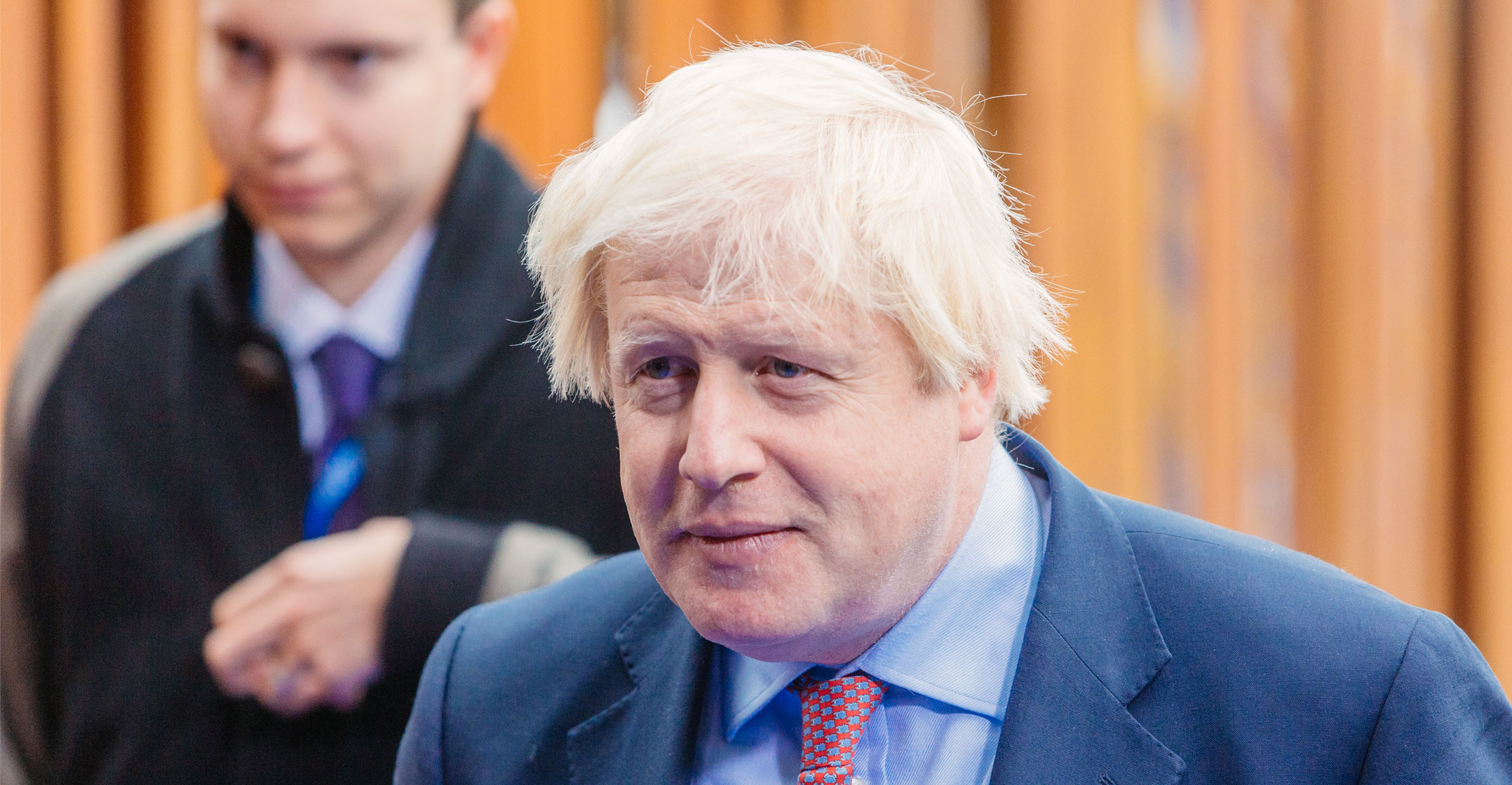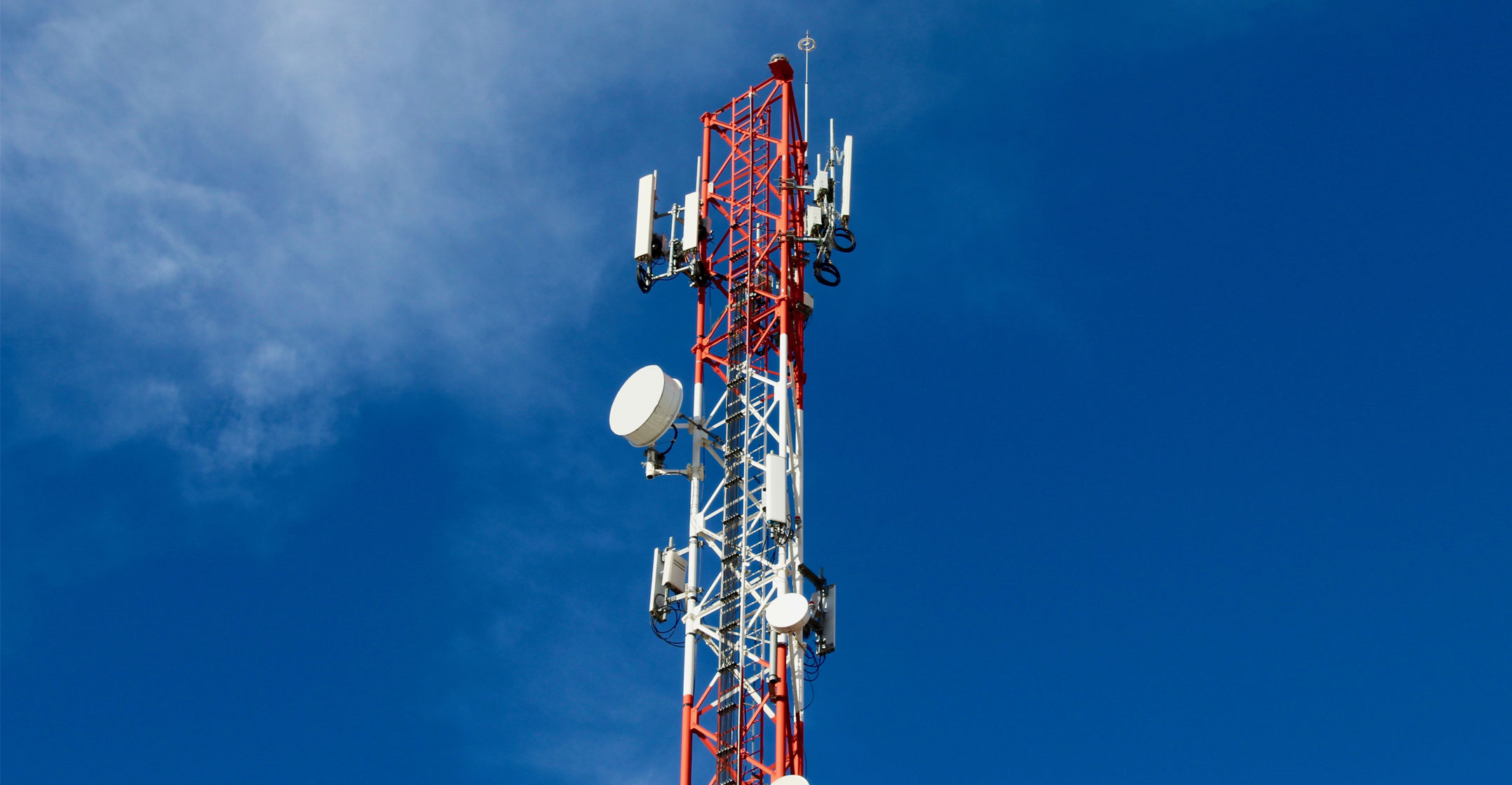
The UK is poised to ban Huawei Technologies from its next-generation mobile networks under a two-step plan to protect critical systems from security threats, a person familiar with the matter said.
Under the blueprint, British phone companies will not be able to add any new Huawei components to their 5G networks by the end of the year. After that, all existing equipment made by the Shenzhen-based company would need to be removed from 5G infrastructure by 2027, the person said, speaking anonymously to discuss sensitive plans.
Prime Minister Boris Johnson, his senior ministers and top security chiefs are due to be presented with the proposal at a meeting of the National Security Council on Tuesday. A decision is expected to be announced later in the house of commons.
If the plan is agreed to at that meeting, it would mark a major reversal by Johnson, and risk escalating tensions between the UK and China at a highly sensitive time. China has warned Johnson will face “consequences” if the UK treats it as a “hostile partner”.
Johnson gave the green light to Huawei’s involvement in emerging mobile networks in January, subject to limits, but he came under intense pressure from US President Donald Trump to change course.
In May, the US banned Huawei from sourcing microchips which use American technology, a move that forced British officials to reassess their view of the security and sustainability of using the company’s equipment in 5G networks.
Review
The UK’s National Cyber Security Centre led a review which concluded the new US sanctions meant Huawei would have to use potentially insecure technology, making 5G security risks impossible to control.
At the same time, Johnson has faced demands from within his own Conservative Party to take a tougher line with Beijing. Senior Tories demanded the premier should give firm deadlines for when Huawei will be blocked from Britain, amid concerns its equipment could be used by Chinese spies — a charge the company denies.
Johnson now faces several difficulties. Huawei is a huge global phone equipment maker which is already embedded in British networks. Removing it will be time-consuming and costly, and risks undermining the premier’s election promise to improve communications services across the UK. A spokesman for Huawei declined to comment on the proposals until they are made public.
 In the short term, a ban on the company will inflame already heated relations between London and Beijing. Tensions have grown recently over China’s new security law in Hong Kong, a former British colony, and the handling of the coronavirus pandemic.
In the short term, a ban on the company will inflame already heated relations between London and Beijing. Tensions have grown recently over China’s new security law in Hong Kong, a former British colony, and the handling of the coronavirus pandemic.
Last week, Liu Xiaoming, China’s ambassador to the UK, accused Johnson’s government of “gross interference” in domestic policy and accused the UK of “dancing to the tune” of the US over Huawei.
Even in London, the prime minister may find his plans do not go far enough to satisfy some of his Conservative colleagues.
“We’re delighted the government has listened to us and will start stripping Huawei out right now,” Conservative MP Bob Seely said in an interview. “However, there are a number of colleagues who may seek to amend the 2027 date,” he added. “They may use the government’s 2027 date as a starting point to remove Huawei entirely from the networks and seek to make it sooner.” — Reported by Kitty Donaldson, (c) 2020 Bloomberg LP




